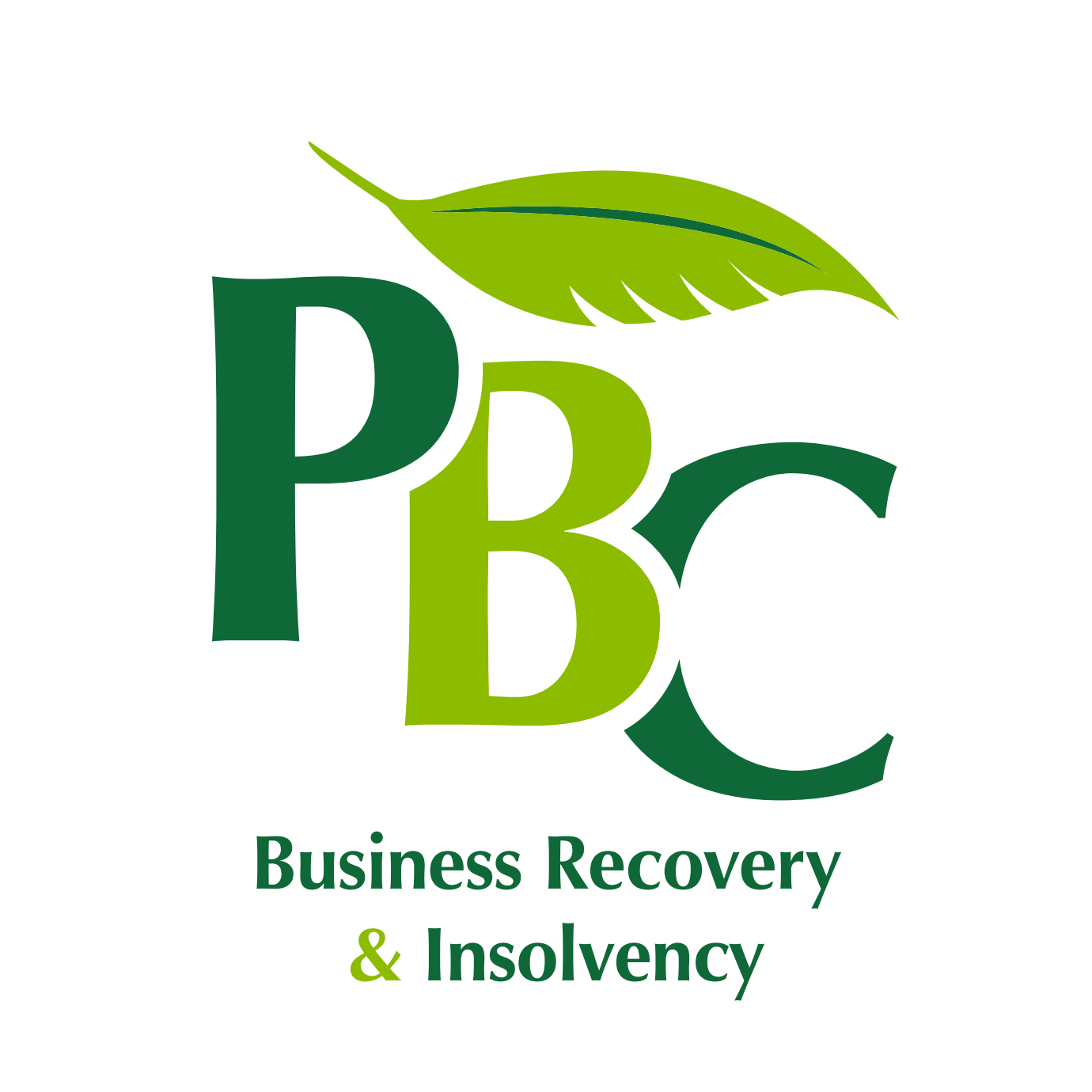The Government have announced two further extensions of provisions under the Corporate Insolvency & Governance Act 2020.
Commercial landlords
The ability to evict or take goods in lieu of rental arrears has been further suspended until 25 March 2022. The Government have produced a guide for landlords, which includes financial assistance. The link is:
While this provision can be financially damaging to landlords, tenants also need to understand they must continue to pay rent (whether that is the contractual sum or a reduced amount under an agreement with their landlord) otherwise they are simply accruing a debt that could become unmanageable, while simultaneously increasing the landlord’s frustration, meaning they show less understanding once these provisions are lifted.
Further to the above, a director may have given a personal guarantee or, in non-payment of the rentals, could be exposing themselves to potential malpractice action (which carries personal liability) should their company ultimately fall into liquidation.
Debt enforcement
The restrictions on statutory demands and winding up petitions are being extended for a further three months until 30 September 2021. The Government claim this is, “To protect companies from creditor enforcement action where their debts relate to the pandemic.”
It is, perhaps, interesting the announcement appears to be silent on extending the moratorium over wrongful trading, although directors, in particular, should not hold the misconception suspending wrongful trading provisions protects them if they continue trading beyond a point where creditors suffer.
While being of the view extending the above provisions further is kicking the can down the road, it is understandable. The COVID road map has been pushed back until 19 July and with furlough to end in the autumn companies will need to re-adjust their overhead expenditure while also getting their business back on track after the adverse impact of lockdown. Holding off aggressive creditor action to the end of September provides some breathing space for companies to recover before having to deal with aged debt. Holding off landlords even further allows additional time for business owners to assess the viability of continued trading.
Should you have an insolvency-related issue then please contact me at PBC Business Recovery & Insolvency on (01604) 212150 (Northampton office) or (01234) 834886 (Bedford office). Alternatively, you may send an email to garypettit@pbcbusinessrecovery.co.uk or access our website at www.pbcbusinessrecovery.co.uk








